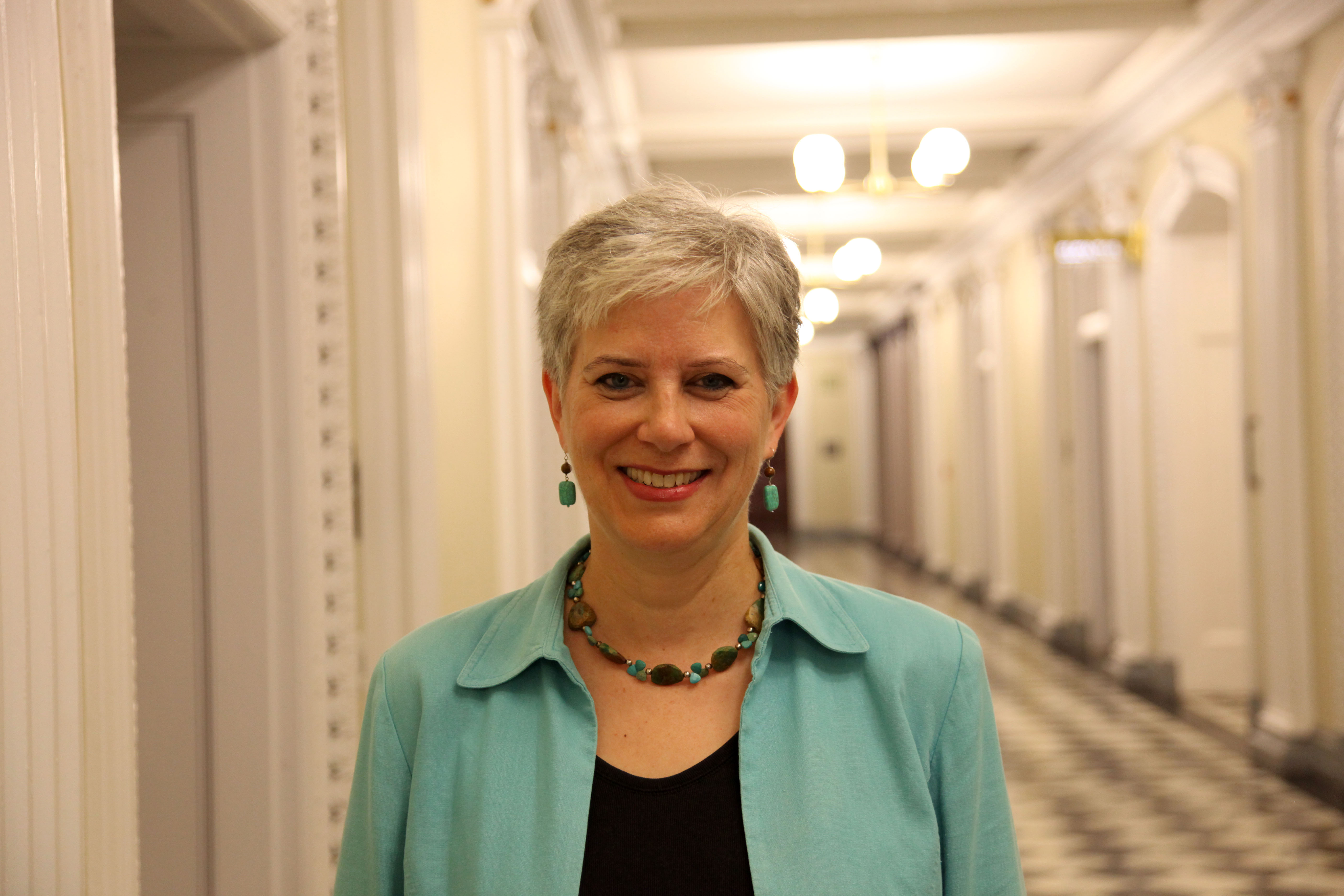
Ed. Note: Champions of Change is a weekly initiative to highlight Americans who are making an impact in their communities and helping our country rise to meet the many challenges of the 21st century.
I am so grateful for the opportunity to participate with the other accomplished public service lawyers in the Champions of Change roundtable on access to justice. The 16 Champions represent a wide range of ways that lawyers work for justice; I am humbled and honored to represent the dedicated public interest counselors who advise law students across the country on how to become public service lawyers and provide opportunities for students to do pro bono work.
For the past eight years as Assistant Dean for Public Service at NYU School of Law (read about NYU Law’s public service programs in its Law School blog), I have been privileged to serve students instead of clients. Law students yearn to do work that is meaningful and my role is helping students find their vocation. The lawyers I know who are happiest are those who have integrated justice into their work lives. The best part of my job is seeing the smiling law student who has helped a high school student in a suspension hearing or returned from a public defender summer internship and realizes that she has found her calling.
To students who are committed to service but worried about the difficulty of finding jobs in this challenging economy, I advise flexibility and patience. Being flexible about geography and issues allows one to apply for a wider range of jobs. For example, if one’s passion is helping domestic violence survivors, but there are no jobs available in non-profit organizations, a student might consider a prosecutor’s office. Sometimes students have a fixed idea of a specific “perfect” job, so I try to encourage them to focus instead on the contributions they can make and the skills they can obtain in a wider range of jobs. Being patient means realizing that public sector employment processes are later and more episodic than much of corporate law firm hiring.
A recurring question students ask me is whether one individual can make a difference. I like to share the starfish story: a small boy walks on a beach after a storm, rescuing the starfish on shore by throwing them into the ocean. When a man approaches the boy and tells him that there are miles of beach and hundreds of starfish he cannot save, the boy listens politely, throws another starfish back into the surf and smiling, says, “I made a difference to that one.”
Martin Luther King, Jr., reminded us that “the arc of the moral universe is long, but it bends toward justice.” Change takes a long time, but it does happen. We have seen change recently with the repeal of the “Don’t Ask, Don’t Tell” policy in the military, health care reform, and the creation of the Consumer Protection Financial Bureau. Sometimes change occurs through individual advocacy, sometimes through policy reform, sometimes through a lawsuit. Each of us who works for social change is part of the mosaic of all who work for justice; together we can accomplish multitudes.
Deborah Ellis directs NYU School of Law’s Public Interest Law Center(PILC) and its Root-Tilden-Kern Scholarship Program for students committed to public interest careers, and is herself an NYU Law and Root alumna.



